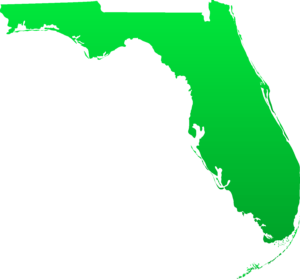(a) Request; Scope. Any party may request any other party:
(1) to produce and permit the party making the request, or someone acting in the requesting party’s behalf, to inspect and copy any designated documents, including electronically stored information, writings, drawings, graphs, charts, photographs, audio, visual, or digital recordings, and other data compilations from which information can be obtained, translated, if necessary, by the party to whom the request is directed through detection devices into reasonably usable form, that constitute or contain matters within the scope of rule 12.280(c) and that are in the possession, custody, or control of the party to whom the request is directed;
(2) to inspect and copy, test, or sample any tangible things that constitute or contain matters within the scope of rule 12.280(c) and that are in the possession, custody, or control of the party to whom the request is directed; or
(3) to permit entry on designated land or other property in the possession or control of the party on whom the request is served for the purpose of inspection and measuring, surveying, photographing, testing, or sampling the property or any designated object or operation on it within the scope of rule 12.280(c).
(b) Procedure. Without leave of court the request may be served on the petitioner after commencement of the action and on any other party with or after service of the process and initial pleading on that party. The request must set forth the items to be inspected, either by individual item or category, and describe each item and category with reasonable particularity. The request must specify a reasonable time, place, and manner of making the inspection or performing the related acts. The party to whom the request is directed must serve a written response within 30 days after service of the request, except that a respondent or third-party defendant may serve a response within 45 days after service of the process and initial pleading on that respondent or third-party defendant. The court may allow a shorter or longer time. For each item or category, the response must state that inspection and related activities will be permitted as requested unless the request is objected to, in which event the reasons for the objection must be stated. If an objection is made to part of an item or category, the part must be specified. When producing documents, the response must include an accompanying notice filed in compliance with Rule of General Practice and Judicial Administration 2.425 with the court that states with specificity each document produced. When producing documents, the producing party must either produce them as they are kept in the usual course of business or must identify them to correspond with the categories in the request. A request for electronically stored information may specify the form or forms in which electronically stored information is to be produced.
If the responding party objects to a requested form, or if no form is specified in the request, the responding party must state the form or forms it intends to use. If a request for electronically stored information does not specify the form of production, the producing party must produce the information in a form or forms in which it is ordinarily maintained or in a reasonably usable form or forms. The party submitting the request may move for an order under rule 12.380 concerning any objection, failure to respond to the request, or any part of it, or failure to permit the inspection as requested.
(c) Persons Not Parties. This rule does not preclude an independent action against a person not a party for production of documents and things and permission to enter on land.
(d) Filing of Documents. Unless required by the court, a party shall not file any of the documents or things produced with the response, although a party must include an accompanying notice filed in compliance with Rule of General Practice and Judicial Administration 2.425 with the court that states with specificity each document produced. Documents or things may be filed in compliance with Florida Rule of General Practice and Judicial Administration 2.425 and rule 12.280(j) when they should be considered by the court in determining a matter pending before the court.

